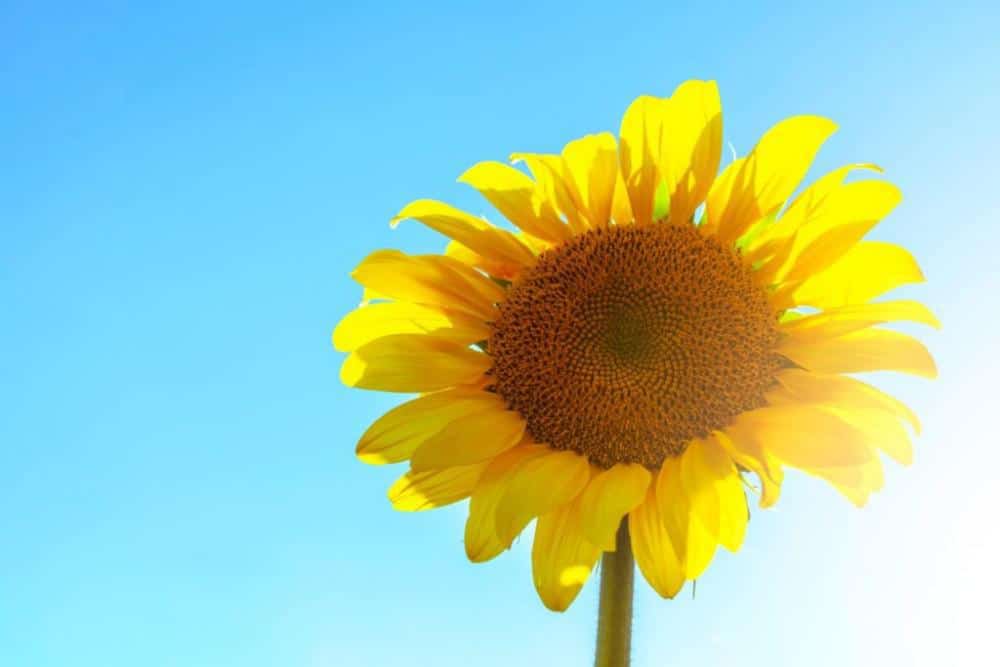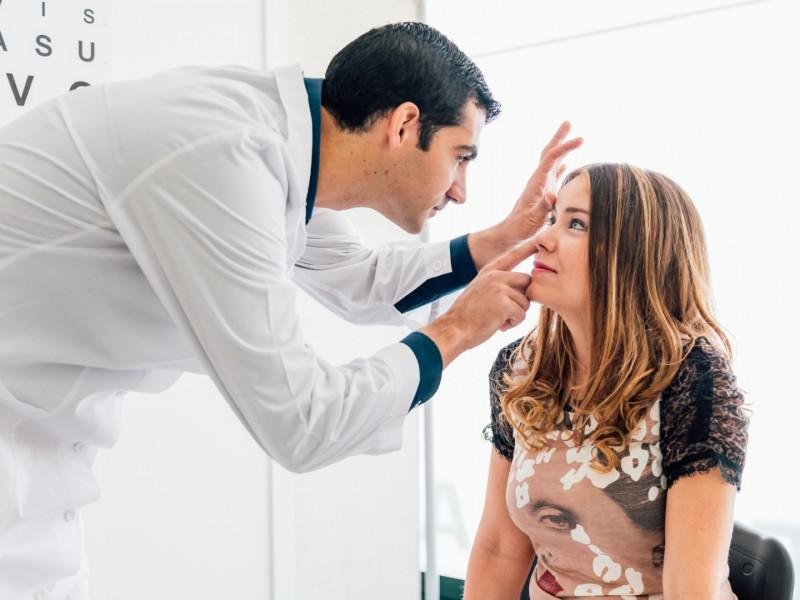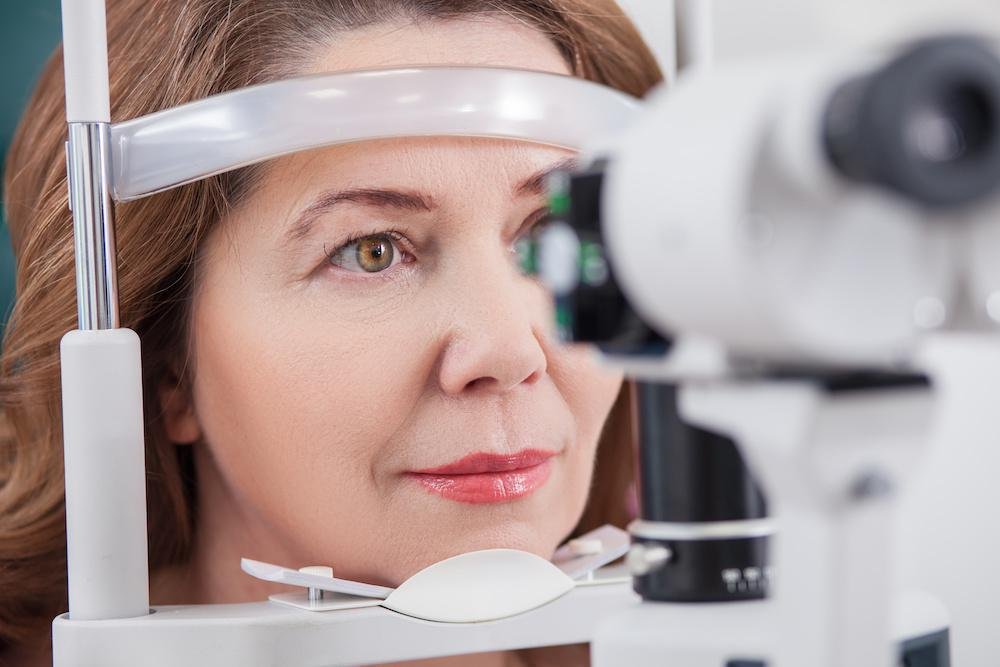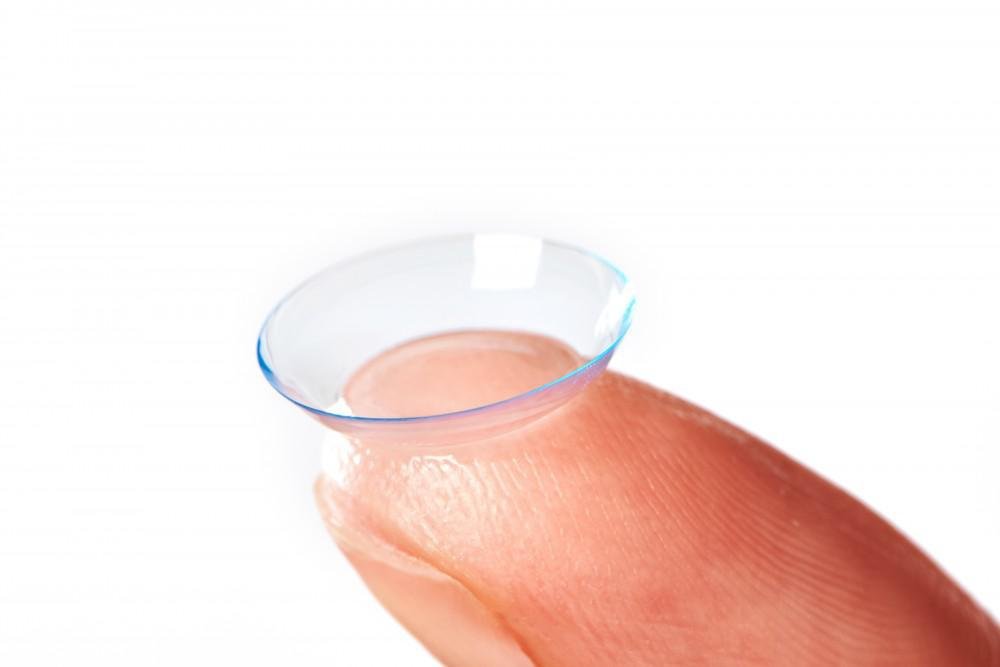It might sound pretty unbelievable, but over 35 million people suffer from seasonal allergies in the US, with the majority of those issues being reported in the spring and again in the fall. Plantlife is often the main cause for all this suffering; all that blooming bothers us in the spring, and the die-offs and flowering of totally different vegetation will affect us in the fall.Here are some ways that your allergies will affect your eyes, as well as some ways to prevent some of your suffering:
Common Causes
- Eye allergies are caused by pollen and spores released by plant life during the fall. The biggest villain is ragweed, which grows vigorously and releases pollen beginning in the middle of August. Other plants/weeds that can cause us to suffer are sorrel, sagebrush, and goldenrod (mold growing in piles of dead leaves is another culprit). All that pollen activity will usually end after the first hard frost if you live in more northern areas. However, in southern states, your issues may last through the winter.
Uncomfortable Symptoms
You know the drill: itching, burning, inflammation, and swelling are all symptoms of those allergies that show up in your eyes. You may be experiencing these issues:
- Conjunctivitis: This is the most common type of eye allergy. It causes itching, burning, and red/watery eyes.
- Vernal Keratoconjunctivitis: This more serious form of allergy usually affects boys and young men. Their symptoms include light sensitivity and heavy, watery eyes which produce a thick and stringy mucus.
- Atopic Keratoconjunctivitis: This will primarily impact older men. It causes serious itching, burning, and redness, with thick mucus that will cause the eyelids to stick together overnight.
Prevention Tips
- Limit your activity outdoors before noon, which is when most pollen-producing weeks will release the bulk of their pollen.
- Remove dead leaves and other detritus from your property, and keep your home interior clean and dry. This will minimize mold growth. Showering several times a day if you have been outside will rinse away any spores or pollen on your skin.
- Dust your house thoroughly in the late summer or early fall, before you shut the house up and turn on the heater – dust will be stirred up and aggravate you.
If you are suffering from seasonal allergies, we are here to help. Call Classic Vision Care today!
You Might Also Enjoy…
Are Glasses Better than Contacts?
Trying to decide between wearing eyeglasses or contact lenses? Consider all the factors, including comfort, ease, and appearance. We’ve compiled a list of pros and cons to help you see your way through this significant decision.
Why Sunglasses are Important All Year Long
No doubt you always have your favorite shades close by all summer. But sunglasses protect your eyes all year long, even during darker winter months. Learn how they shield your eyes from harmful ultraviolet (UV) rays any time of year.
How Astigmatism Affects Your Vision
Astigmatism causes a variety of symptoms ranging from blurred vision to eye discomfort and pressure. Understand how a comprehensive eye exam can pinpoint the cause of your symptoms and get your sight back on track.
Who Is at Risk for Glaucoma?
Could you be at risk for glaucoma? The short answer is that everyone, especially seniors, is at risk for glaucoma. Learn how to lessen your odds of losing your sight through early detection and treatment.
5 Steps to Prevent Diabetic Eye Disease
People with diabetes are more vulnerable to certain eye diseases, such as glaucoma, cataracts, and diabetic retinopathy. Learn what steps you can take to slow their progression and potentially avoid them in the first place.
Am I a Candidate for Contact Lenses?
If you need vision correction, contact lenses are a popular option. If you’re simply tired of your glasses or just looking to see the world more clearly, discover whether contact lenses may be the perfect fit for you.







